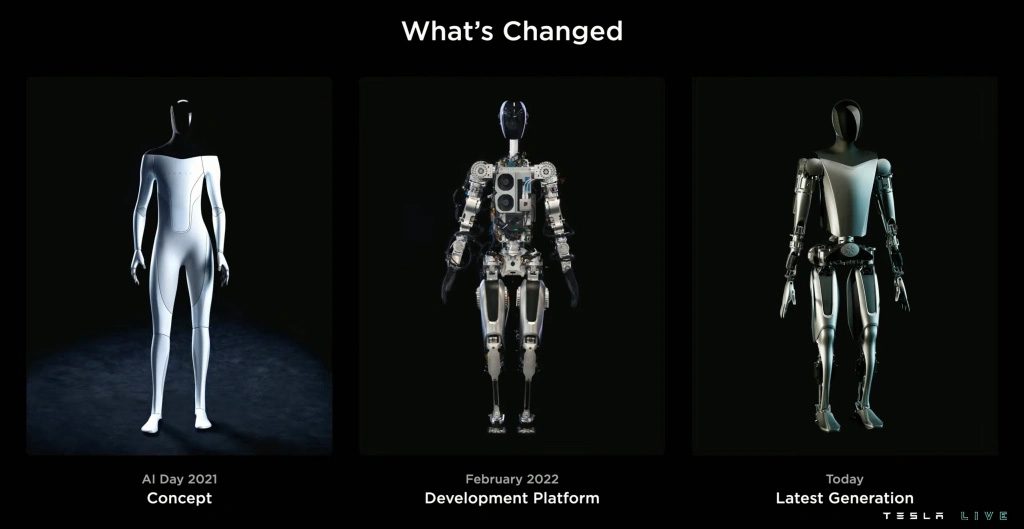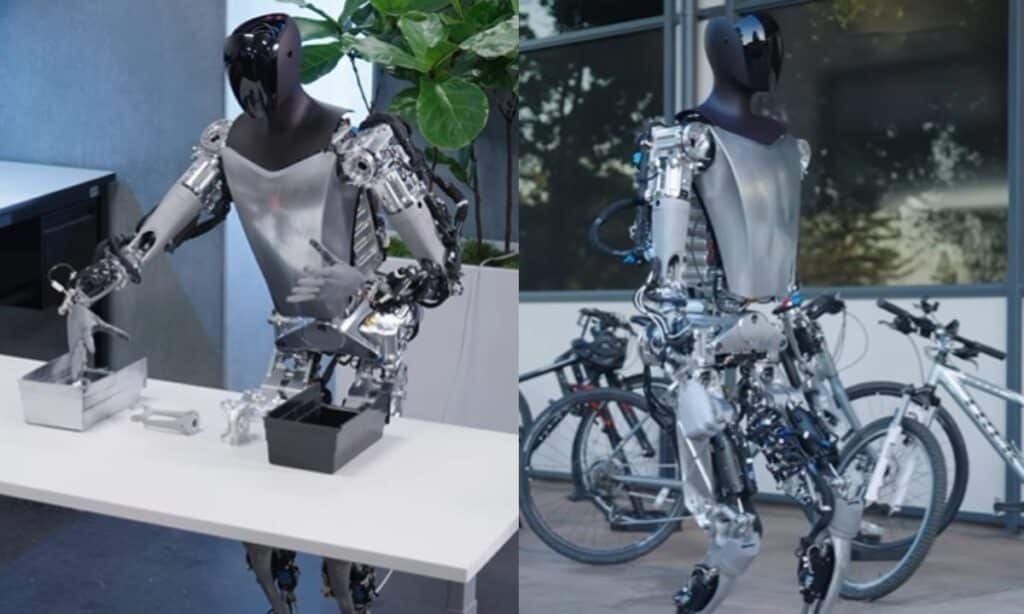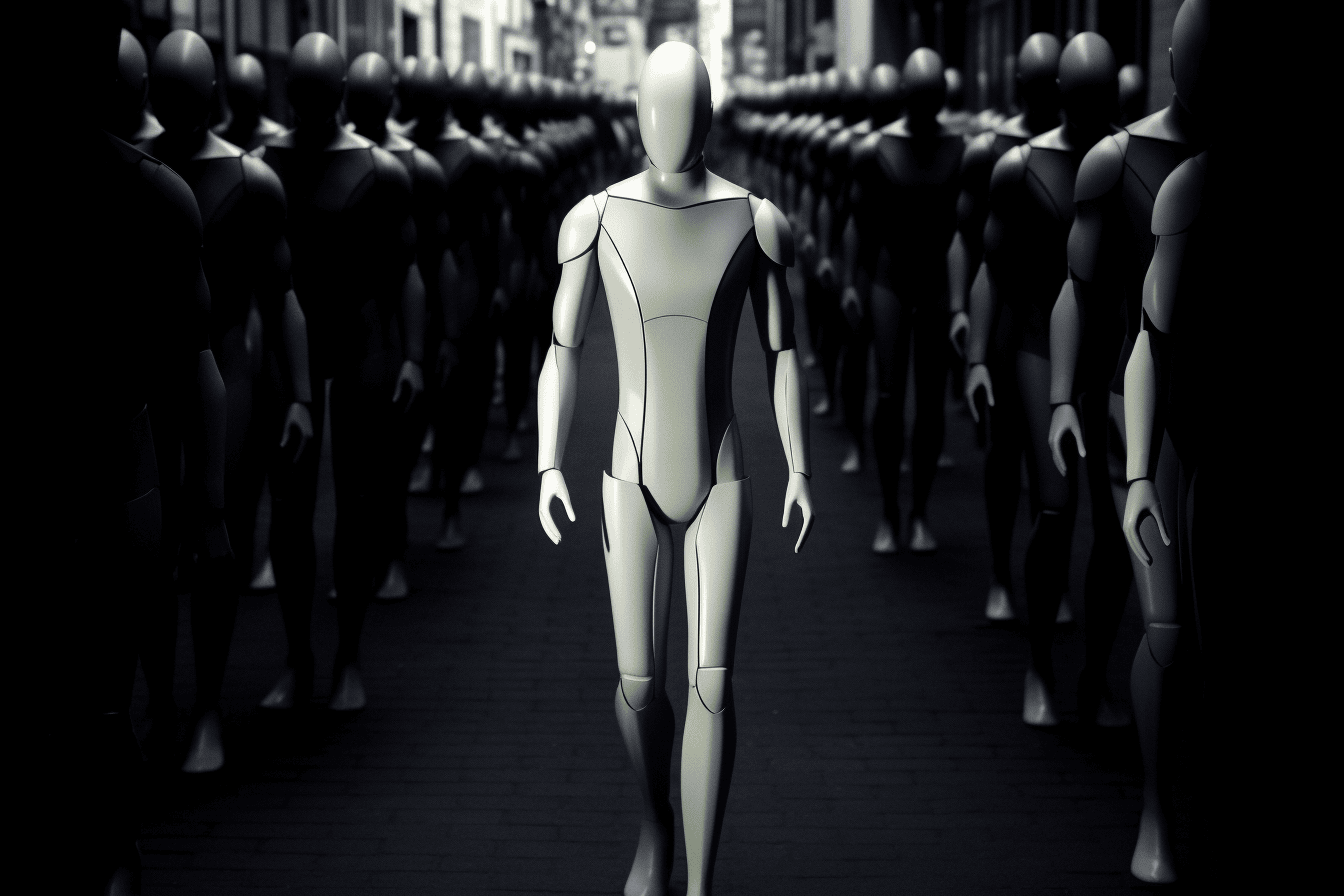It seems that people still haven't grasped the essence of the matter. Androids are no longer the stuff of science fiction movies, they're reality. And it's not me who says it, but Paul Pallaghy, Doctor of Philosophy, in a recent article. According to him, by 2026 “commercial” androids will already be among us. It's hard to believe, but there's more.
And there's more: a few more years, from 2030 onwards, androids will no longer be an exception: we will find them everywhere. And most importantly, they will be much more useful than industrial robots.
Androids? But what, really?
Androids represent a radical change in the way we see technology. I'll set aside Mr. Pallaghy's predictions for a moment: I'm going there with leaden feet, for me the mere fact that they are achievable is an epochal fact.
And they are. Thanks to advances in Artificial Intelligence (AI) and generative technologies such as ChatGPT and MidJourney, the necessary and sufficient basis for developing “companion androids” exists.

Will Tesla cross the finish line first?
During an event last May 2023 (and even before that, on Investor Day in March), Tesla showed off its “Optimus”, an anthropomorphic robot. In its latest update, the Teslabot:
- Walk steadily;
- Does not collide with objects;
- Wander around Tesla factories and grounds;
- Collects items;
- Use tools.
And unlike industrial robots, it doesn't require expensive, time-consuming programming or setup by experts. A promising start, which for some is perhaps a source of easy enthusiasm.
Cala, Trinchetto
Struck by the good debut of the "new androids" with artificial intelligence, Pallaghy lets himself go. He even predicts that androids will significantly surpass industrial robots, which will even be 100 times more by 2035. And within a few years we could have billions of androids.
Waiters at the restaurant, receptionist in hotel, assistants of elderly and disabled people, and who knows what else. I believe it, I just don't agree with the timing.
Considering the production processes that androids would entail, the energy autonomy and the raw materials (I said just three of the many factors at play) for me there is still a bit missing. Maybe twenty years. Maybe more.

For me, to think that within 3 years we will have something ready for the market, and within 10 years androids will start to be as widespread as smartphones is beyond reality.
Then maybe Sarah Connor arrives and denies me, but for now I think Teslabot and the like will still have to do a lot of apprenticeship.
What do you think about it?


